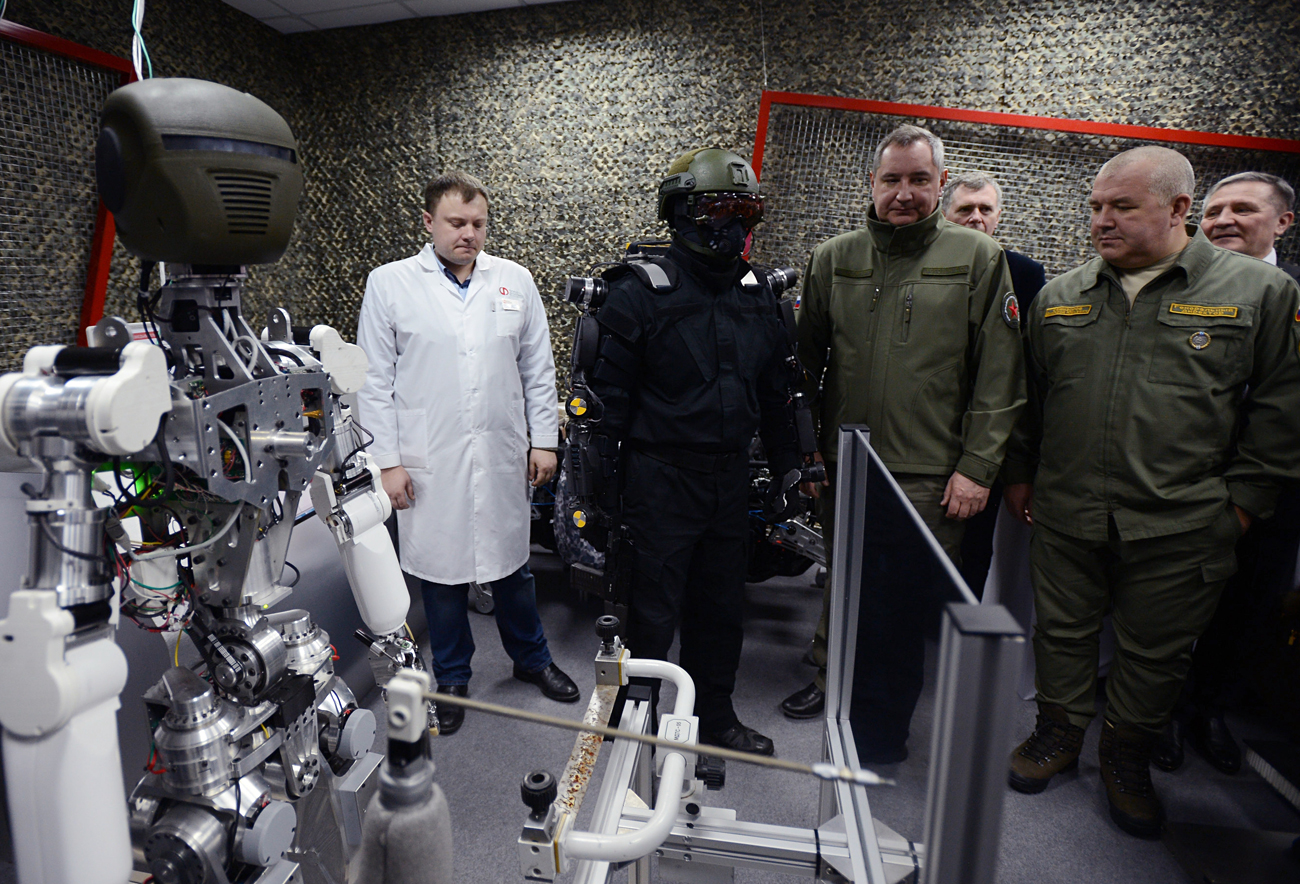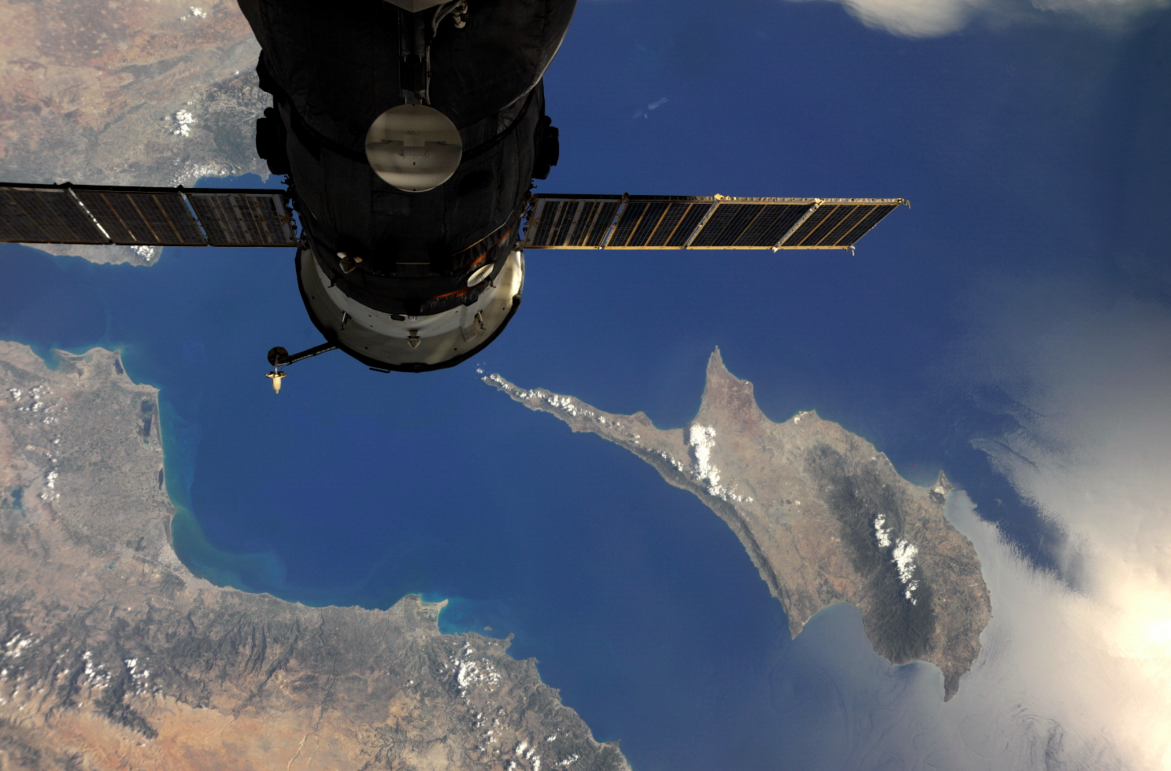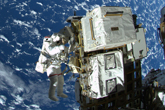Robot companion for Russian astronauts

The humanoid robot, FEDOR, (Final Experimental Demonstration Object Research), will start operating onboard the International Space Station in 2021. Source: Sergey Mamontov
Russian astronauts are set to have a new companion on their space travels soon, but not one made of flesh and blood. Dmitry Rogozin, Russian Deputy Prime Minister who oversees military and space projects, announced at the end of October that robots would be used on space flights.
The humanoid robot, FEDOR, (Final Experimental Demonstration Object Research), will begin operations onboard the International Space Station in 2021. Developers say the robot is unique, because it can operate not only in space but also in extreme environments on Earth.
Better than humans
"In their work on board spacecraft, during spacewalking missions and on other planets, astronauts will rely on robots," said Sergei Khurs the head of the project and director of the National Centre for Technology Development and Basic Robotics. "Among the latter, the key role will belong to those capable of operating in the same conditions as humans. Their capabilities are equal to those of humans, and in some ways even exceed them."
Anthropomorphic robots do not require special instruments, appliances or transport. Their task is to replace people in dangerous conditions, and take on difficult and routine work in order to save human effort and intellect for more serious tasks.
The entire process to create FEDOR took two and a half years, largely because of support from the Advanced Research Foundation and the Android Technology company. In the course of working on FEDOR, 14 new technologies were developed laying the foundation for a combined control based on sensory feedback.
FEDOR is expected to replace human beings in areas that are dangerous for life and wellbeing. At the same time, an anthropomorphic robot can function in an infrastructure designed for humans.
Cautious robots
FEDOR already has company in space, which includes the Russian-made SAR-400 and SAR-401, the U.S.-made Robonaut and Robonaut 2, Germany's AILA, and China's Хiaotian. NASA is also preparing a robot called Valkyrie for a lengthy mission to Mars, where the androids will be tasked with building colonies.
The designers say FEDOR can perform the functions of a rescuer, a mine-disposal expert, a diver, and a welder. It is already the fifth group of android robots developed by the Android Technology research and production association. The first four were designed for the Emergency Situations Ministry.
The Energia Rocket and Space Corporation is setting up a laboratory to develop the goals and tasks for FEDOR's first space mission, said Khurs.
Close cooperation between astronauts and robots is now an integral part of the research carried out by the ISS during long space missions. A crucial task that developers all over the world face is to make robots more sensitive to safety concerns.
Robots should become "more cautious than humans," designers explain. When this goal has been achieved, androids will be taught not to damage surrounding objects, to move independently and to operate within the confined area of a spacecraft.
All rights reserved by Rossiyskaya Gazeta.
Subscribe
to our newsletter!
Get the week's best stories straight to your inbox

